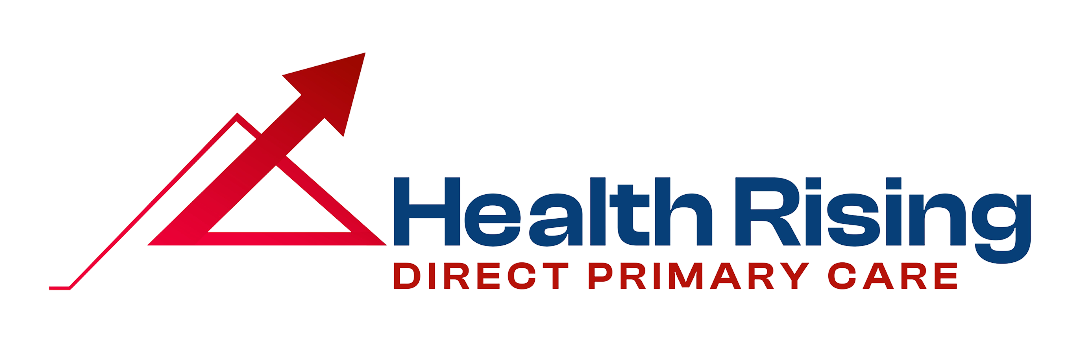Introduction
Managing a complex chronic illness is never simple, but digital tools are beginning to change that. From tracking symptoms to fostering community, today’s platforms are helping patients move from passive roles to proactive participation. We asked six experts how digital health platforms can better support individuals with long-term conditions.
Here’s a summary of their insights:
- Combine symptom tracking with lifestyle logging for faster pattern recognition
- Build guided communities that interpret research and offer emotional support
- Prioritize platforms that encourage collaboration between patients and providers
- Use AI and wearables to highlight overlooked patterns and deliver real-time reminders
- Simplify input features for better user experience and more accurate health data
- Offer moderated spaces for shared connection and accessible research
Let’s take a closer look at what these professionals had to say.
How Digital Platforms Help Manage Complex Chronic Illness
Digital Platforms Empower Chronic Condition Management
“For patients dealing with long-term hair loss tied to autoimmune or hormonal issues, tools that allow them to log symptoms, photos, and treatment responses are incredibly valuable. This not only helps them feel more in control, it also gives us better data to personalize care… When digital tools bridge information and human connection, they become part of a patient’s support system.”
 Dr. Douglas Burka,
Dr. Douglas Burka,
maneadvancedhair.com
Guided Communities Transform Chronic Illness Data
“Too many platforms focus on tracking symptoms or storing research, but not on what that information means for the person using it… It’s not just about tools. It’s about creating a space where information becomes collective wisdom and a path forward.”
 Christine Kaczmar,
Christine Kaczmar,
laserslimpro.com
 All-in-One Platforms Reveal Root Causes
All-in-One Platforms Reveal Root Causes
“Instead of guessing or waiting months between visits, we get real-time insights… Platforms like Healthie are critical for delivering root-cause care in a modern world. It’s not just about managing symptoms, it’s about creating a system that tracks, teaches, and supports healing every step of the way.”
 Dr. Jonathan Spages,
Dr. Jonathan Spages,
drjspages.com
Digital Tools Turn Patients into Care Partners
“It’s the difference between a patient simply reporting ‘fatigue: 8/10’ and being able to say, ‘I’ve noticed my fatigue spikes two days after I miss my medication’… The best technology is ultimately a tool designed to foster human connection and support the patient, not just to collect data.”
 Dr. Ishdeep Narang,
Dr. Ishdeep Narang,
acespsychiatry.com
AI Enhances Chronic Disease Tracking Tools
“With advances in artificial intelligence, it is no longer just a tracker but also gives important information that the patient may be overlooking… Wearable devices like smartwatches and smart rings could be very useful by setting reminders for medication, tests, and awareness activities.”
 Dr. Maybell Nieves,
Dr. Maybell Nieves,
alynmd.com
Simple Data Input Improves Chronic Illness Monitoring
“People with diabetes shouldn’t have to click through a quiz just to log blood sugar. They should be able to type in the exact number… Community building is necessary for people with chronic illnesses, and this is best achieved by creating a safe space that is moderated.”
 Dr. Austin Anadu,
Dr. Austin Anadu,
alynmd.com
Why This Matters
Complex chronic illnesses demand consistent monitoring, thoughtful care, and emotional support. Digital platforms that combine simplicity, structure, and shared experience offer all three.
These tools help transform daily management into long-term progress by letting patients log and learn from their data, join supportive communities, and access trusted resources in one place,
The most effective platforms don’t just track. They teach, connect, and support healing at every step.
How DPC Fits Into the Picture
Direct Primary Care (DPC), the model under which Health Rising DPC operates, enhances the value of digital platforms by making care more personal and accessible. With fewer barriers and more time per visit, DPC physicians can actually use the data patients track, such as symptoms, sleep, diet, or wearable metrics, to adjust care in real time.
This model turns digital tools into meaningful extensions of the patient-provider relationship. Instead of collecting data that goes unread, patients in DPC settings find that their input helps guide decisions and shape long-term strategies. For those managing complex chronic illnesses, the combination of consistent care and digital insight can lead to better outcomes and stronger support.













